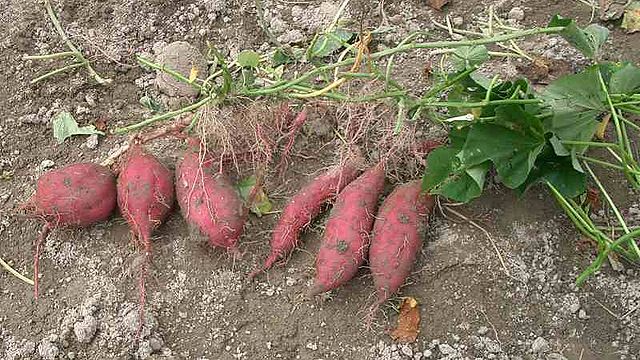Infinite photos and videos for every Wiki article ·
Find something interesting to watch in seconds
Celebrities
Largest Empires
Countries of the World
Sports
Best Campuses
Great Artists
Presidents
Orders and Medals
Recovered Treasures
Tallest Buildings
Wars and Battles
Largest Palaces
Crown Jewels
Wonders of Nature
Richest US Counties
History by Country
Great Cities
Rare Coins
British Monarchs
Ancient Marvels
Animals
World Banknotes
Kings of France
Supercars
Great Museums
Famous Castles
more top lists







